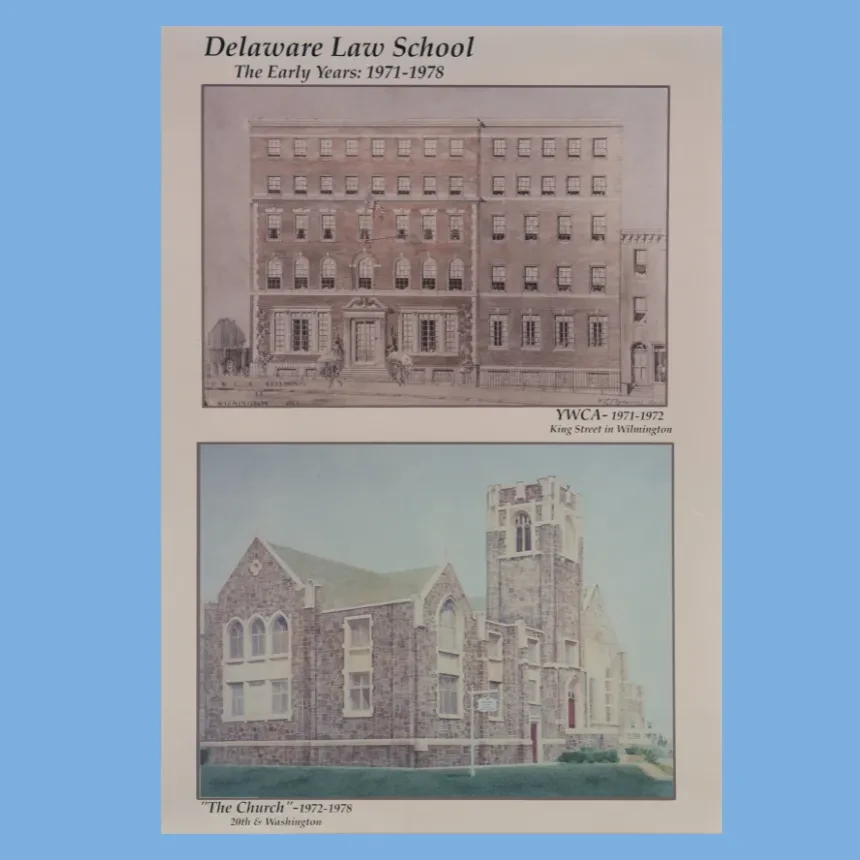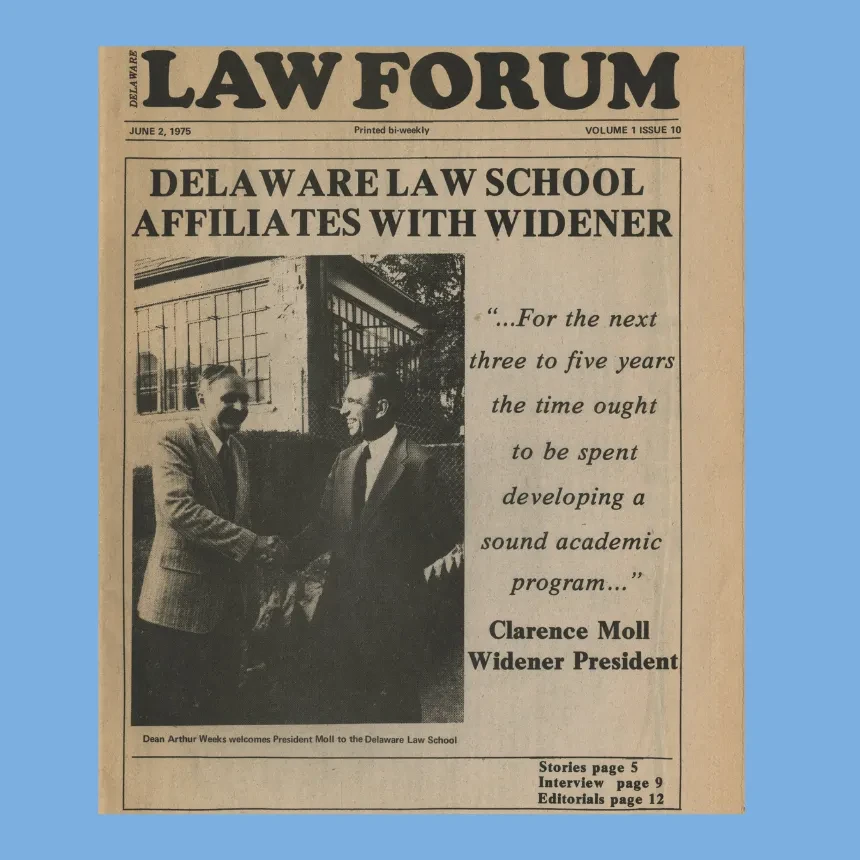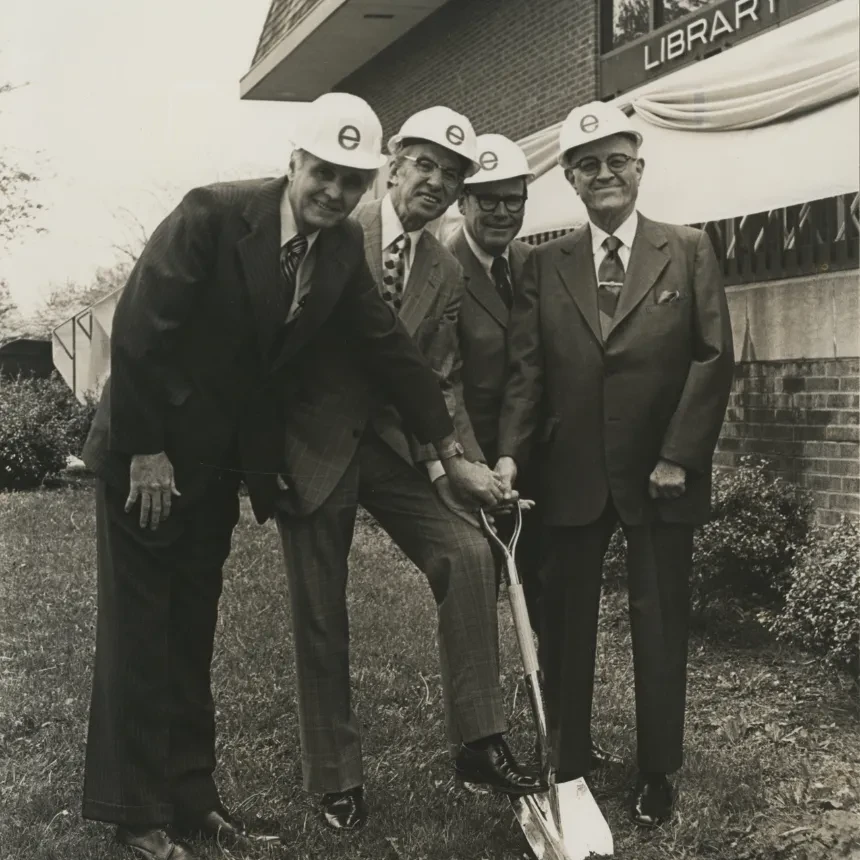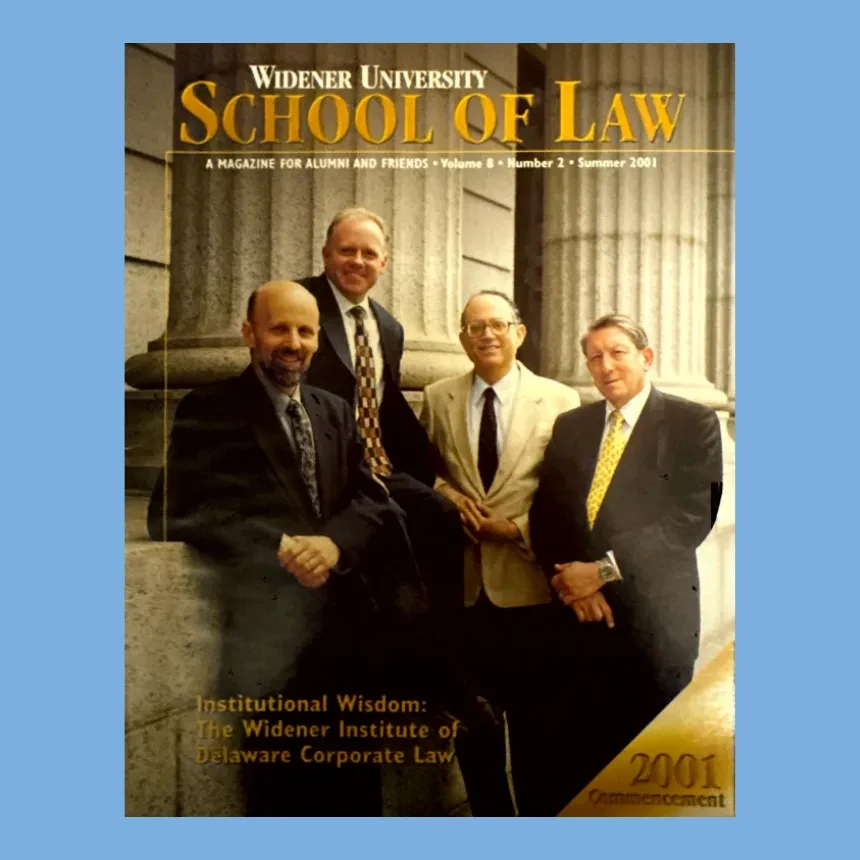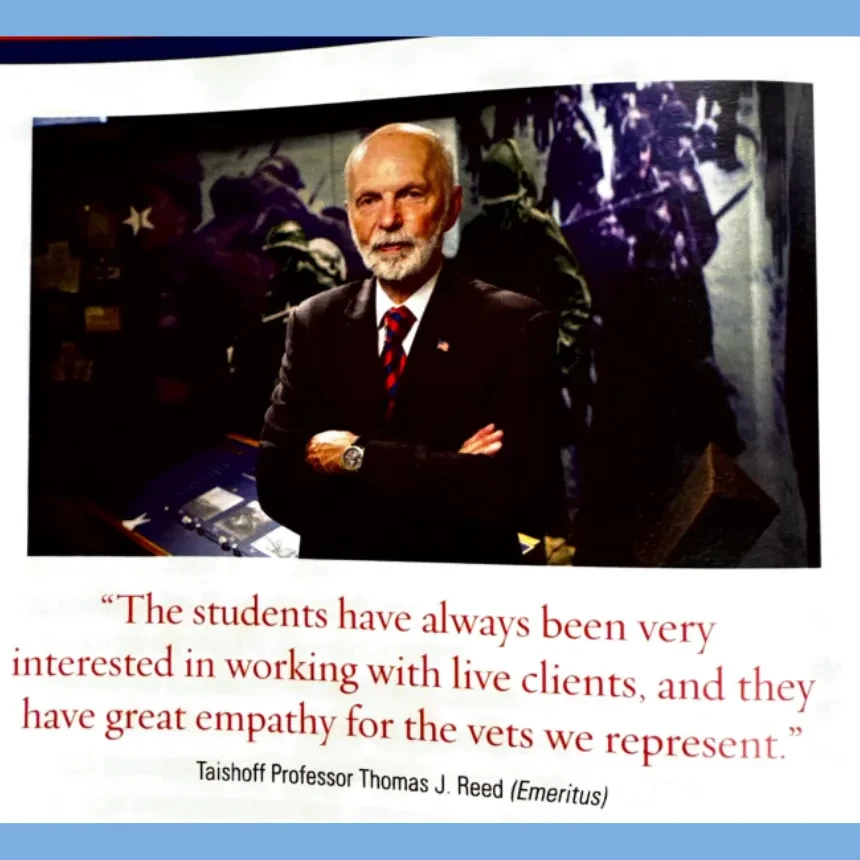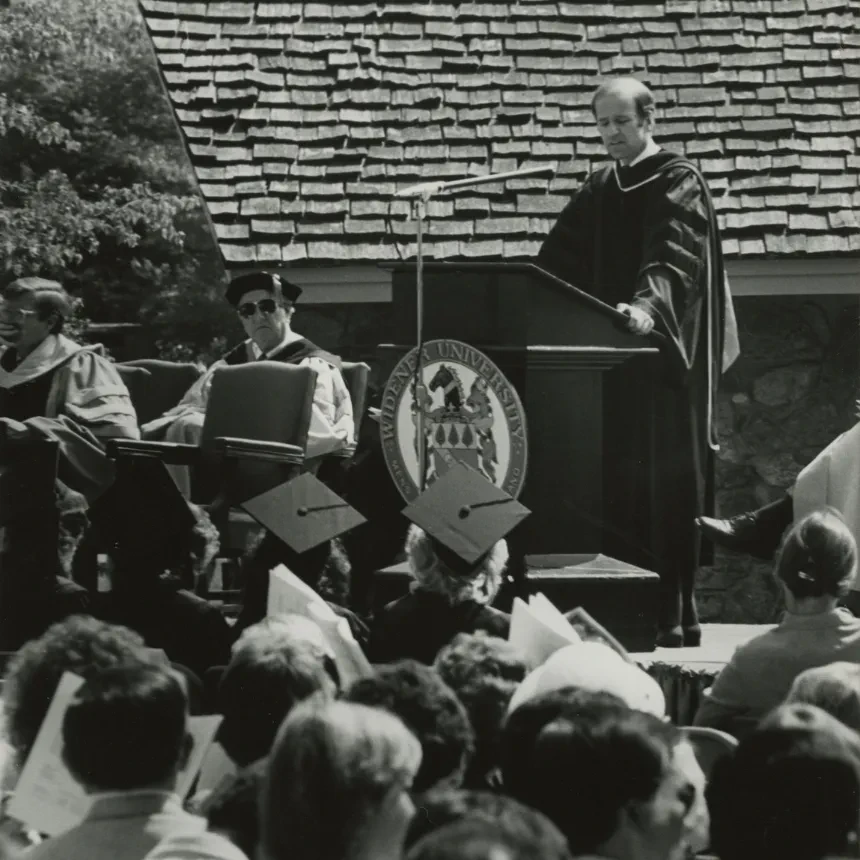Educating for Justice: 50 Years of Delaware Law School’s Legacy

Celebrating 50 years of progress, Widener University Delaware Law School stands as a testament to the power of education and community.
From its foundational ideals to its far-reaching impact, the school’s journey has been defined not just by academic rigor but by its commitment to shaping leaders and serving society. This anniversary is a moment to acknowledge both where we’ve been and where we’re headed.
More than metrics or milestones, Delaware Law’s true story is written by the people who built it. Alumni, faculty, and staff have left an enduring mark—transforming the legal landscape and driving change from Wilmington to the wider world.
Demanding resilience
The story of Delaware’s only fully accredited law school begins in 1971, in borrowed classrooms and even a church basement. Founder Alfred Avins, an accomplished legal scholar with degrees from the City University of New York, Columbia University, the University of Chicago, and Cambridge University, took the bold step of creating a law school from the ground up.
His vision was simple but daring: create a center of legal education in Delaware rooted in excellence and accessibility.
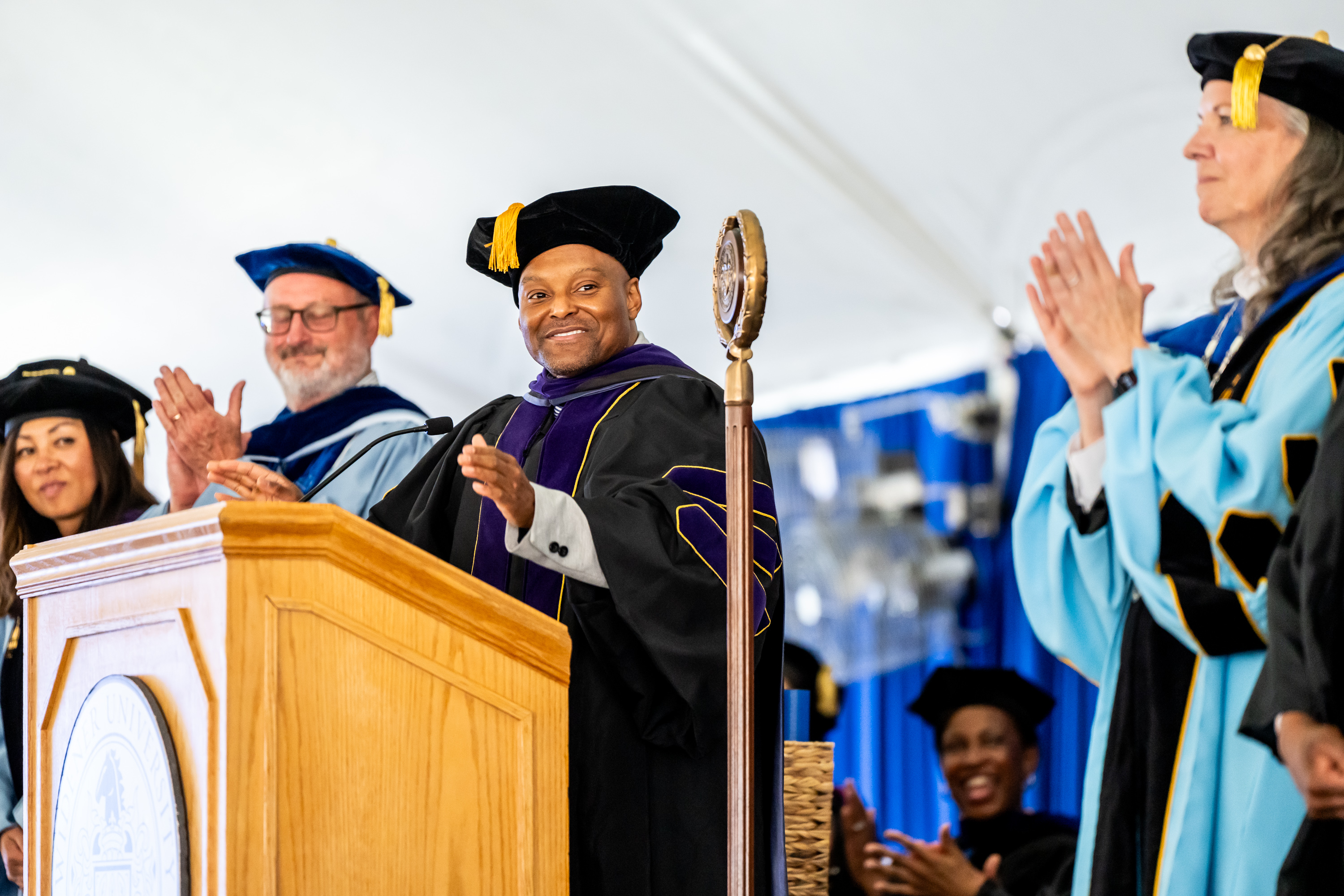
Turning that vision into reality demanded resilience. Securing accreditation from the American Bar Association, or ABA—the credential that allows graduates to sit for the bar exam in most states—proved especially difficult. After four attempts, years of uncertainty, and a pivotal partnership with Widener College, the school earned its ABA accreditation in 1975. That victory cemented Delaware Law as a credible and enduring institution.
Amid the school’s remarkable journey from humble beginnings to a pillar of legal education, Dean Todd J. Clark underscores the enduring vision that continues to shape Delaware Law’s mission.
We’ve grown, evolved, and expanded our reach—but our core mission remains the same: to empower students to lead with integrity and make a meaningful impact in their communities and beyond.” — Todd Clark, dean of Delaware Law School
Pathways of progress
At the core of the institution lies its students. Their growth, curiosity and engagement define its purpose.
“While excellence varies across any institution, it’s undeniable that many Delaware Law students stand shoulder to shoulder with peers from elite programs,” said Professor Emeritus Lawrence Hamermesh.
According to Hamermesh, who joined the faculty in 1994, Delaware Law students throughout the years have continued to demonstrate that talent and tenacity matter more than pedigree. That spirit has carried through generations of graduates who have gone on to shape courts, firms, government and community organizations across Delaware and beyond.
Delaware Law doesn’t just participate in Wilmington’s civic life—it helps shape it. Whether through hands-on community clinics, transformative programs like the Inside-Out Prison Exchange Program, or high-impact experiences such as moot court competitions and the annual Francis G. Pileggi Distinguished Lecture in Law, Widener’s presence is felt across the region. Its reach extends from collaborative initiatives within the broader Widener University network to prestigious fellowships at the Delaware Supreme Court. In every corner of the community, the law school is deeply woven into the fabric of the state and beyond.
It’s a mutual exchange: the community responds in kind, enriching the partnership with its own contributions.
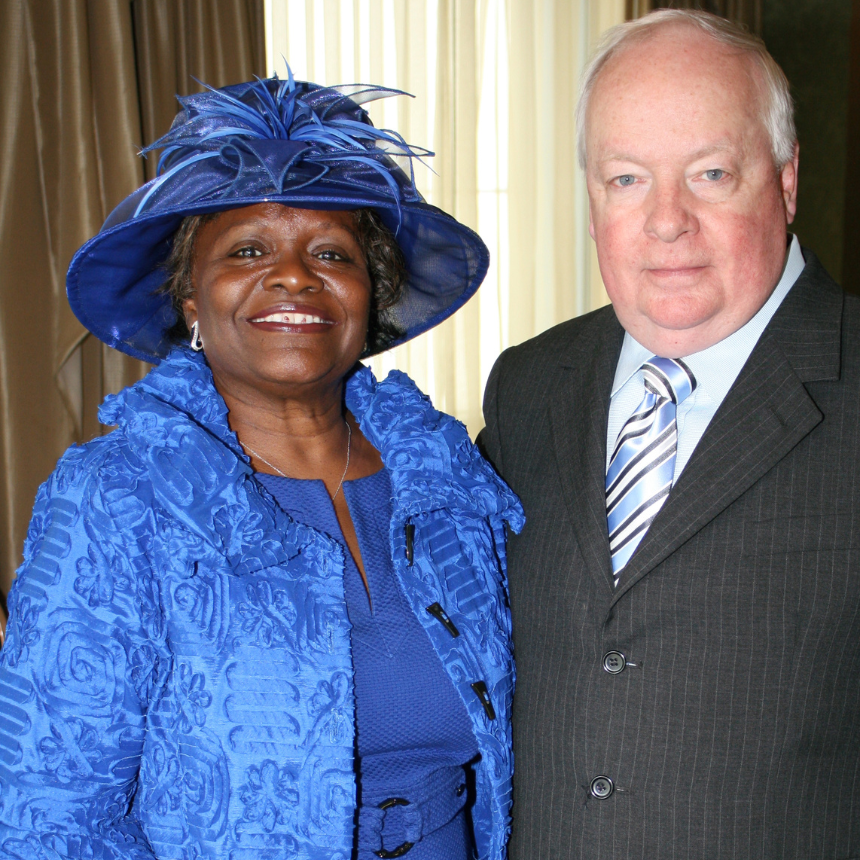
“One thing that stands out to me is the tenacity and loyalty of the community,” Emeritus Dean Linda Ammons said.
“It was a real joy working with our alumni—and even with those who weren’t graduates but still stepped up to support our programs and give generously to the law school. They saw the difference we were making, not just in Delaware, but across the country and, in some instances, around the world,” said Ammons. At the time of her retirement, Ammons was Widener Law’s first female and first Black dean, and the longest-serving African-American woman to lead a U.S. law school.
Having served under six deans and held multiple positions, including associate dean, Emeritus Professor Thomas J. Reed reflected on the enduring impacts of Delaware Law School.
"Each dean brought a distinct vision—from expanding the school’s footprint to strengthening its ties to Delaware’s legal community. That diversity of leadership shaped the school’s dynamic identity,” said Reed.
He also noted the school’s role in transforming the state’s legal profession. “According to my best estimate, when Delaware Law School earned its accreditation, there were just 600 lawyers practicing in the state. Today, that number has grown to over 3,000,” Reed said.
Richard DiLiberto and his wife Faith, along with daughters Amanda and Ashley, are all proud Delaware Law alumni, graduating in 1986, 1989, 2014, and 2016 respectively. With such a personal and enduring connection to the school, DiLiberto reflected on its legacy and future.
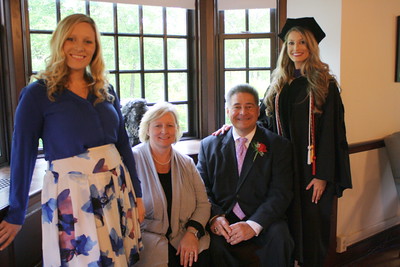
“As Delaware Law School looks ahead to the next 50 years, I hope it continues to prioritize its presence in the First State and its unwavering commitment to the Delaware community, the state bar, and the judiciary,” he said. “Since its founding in 1971, Delaware Law has served as a vital conduit between the community, the courts, and the study of law. Reaching this milestone proves that the school is not just an academic institution—it’s an integral part of the administration of justice.”
Honoring the promise of the future
Marking 50 years of Delaware Law is more than a celebration—it’s a powerful call to action. This milestone invites the entire legal community—alumni, faculty, students, and partners—to reflect not only on the school’s legacy, but also on the responsibility to advance it. This is a moment to reimagine the boundaries of legal scholarship, to invest boldly in experiential learning, and to reaffirm our shared commitment to cultivating ethical, innovative leaders in law, policy, and public service.
As we honor the past, we are challenged to build a future that is even more impactful, inclusive, and responsive to the evolving needs of society.
50 years ago, this school was a vision. Today, it’s a legacy. Tomorrow, it will be a launchpad for the next generation of legal leaders who will shape policy and uphold the rule of law.” — Todd Clark, dean of Delaware Law School
The next 50 years begin now.
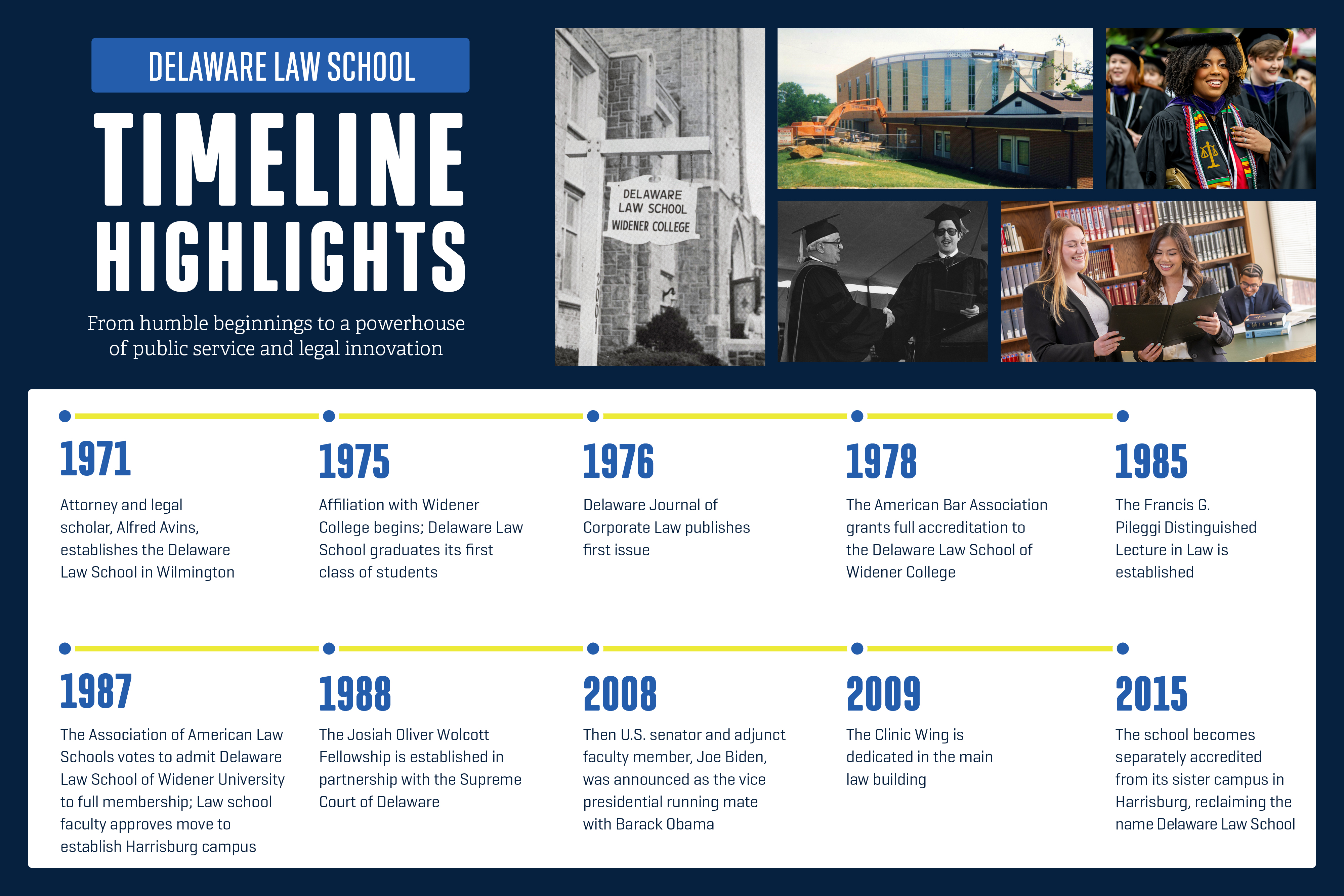
A Legacy in Focus
Over the past half-century, Delaware Law has grown, evolved, and thrived—thanks to the people and places that brought it to life. This gallery captures just a few of the memories that continue to inspire our future.

